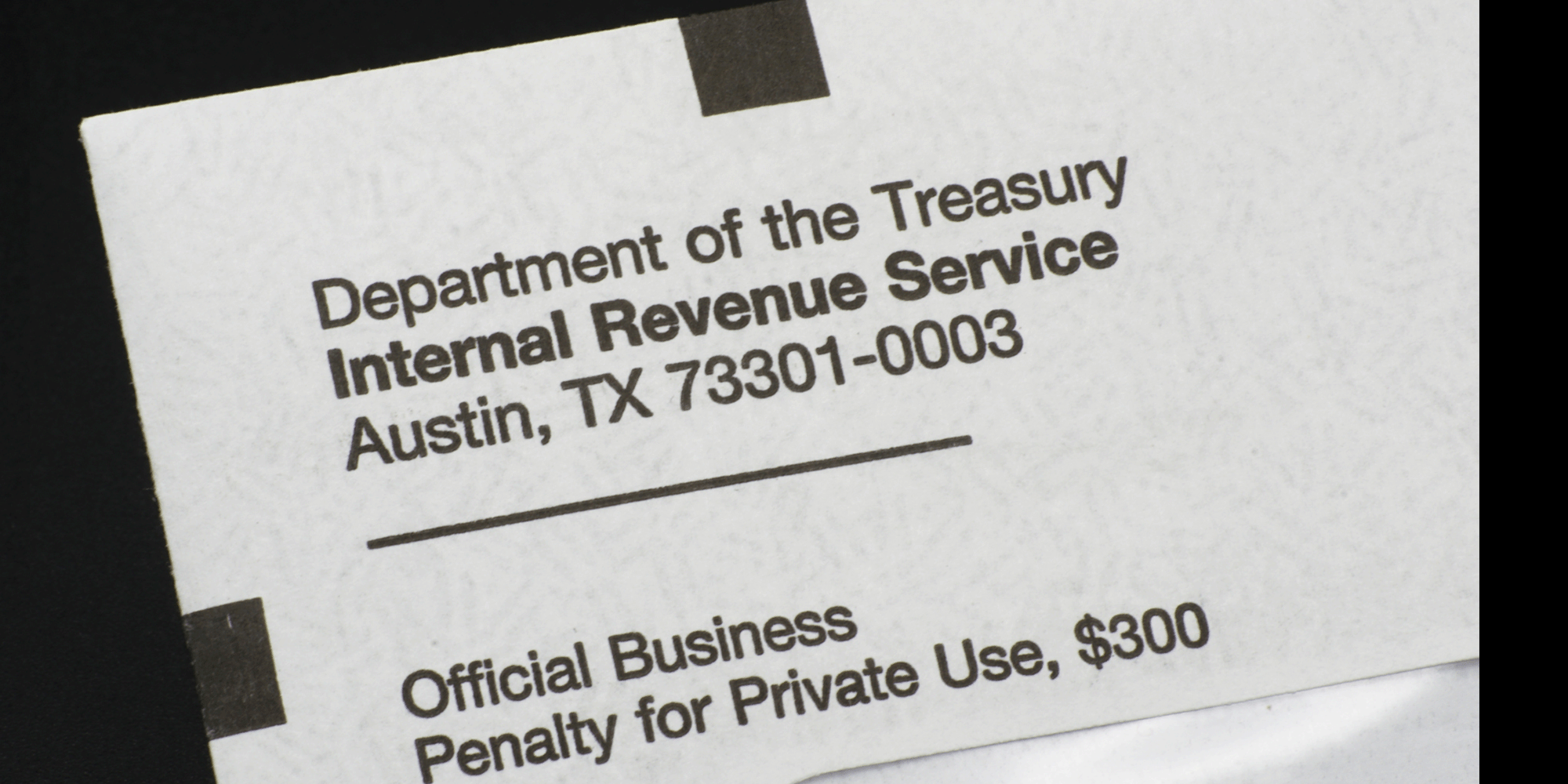Why You Should Consider Filing “Married-Filing Separately”
Tax season is in full swing, and many couples are wondering whether they should file their taxes jointly or separately. While there are many factors to consider when making this decision, filing separately may be a wise choice for some couples. In this blog post, we will discuss the pros and cons of married filing separately and help you decide if it is the right option for you.
What is Married Filing Separately?
Married filing separately is a tax filing status that can be chosen by married couples who want to file their taxes separately. This means that each spouse will report their own income, deductions, and credits on their own tax return. Filing separately can have a number of benefits, but it can also come with some drawbacks.
Why File Separately?
There are several reasons why you might choose to file your taxes separately as a married couple.
1. Reduced Taxable Income
One of the biggest benefits of filing separately is that it can significantly lower your taxable income. When you file jointly, both spouses’ incomes are added together and taxed at the same rate. This means that if one spouse earns a large amount of money while the other has very little income, their combined tax rate could be higher than it would be if they filed separately.
2. Reduced Tax Liability
Filing separately can also reduce your tax liability. This is because you are only taxed on your own income, rather than on the combined income of both spouses. As a result, you may be able to take advantage of more tax deductions and credits.
However, it is important to note that filing separately can also limit the amount of tax breaks you can take. For example, you may not be able to claim the earned income credit or the student loan interest deduction if you file separately.
3. More privacy
Filing separately allows you to keep your finances separate from your spouse. This can be beneficial if one spouse is self-employed and wants to protect their business assets, or if they do not want the other person knowing how much money they make. So, if you are looking for more privacy in your marriage, filing separately may be a good option.
4. To See If You Can Take a Dependency Exemption for Your Spouse
Another benefit of filing taxes separately is that you may qualify to claim your spouse as a dependent on your tax return, which can lower your tax liability. This can help reduce the overall amount of taxes paid by the couple.
However, there are some restrictions on who can be claimed as a dependent. For example, you cannot claim your spouse if they file a joint tax return with someone else.
Why Not File Separately?
While there are many benefits to filing separately, there are also some drawbacks that you should consider before making your decision.
1. You May Lose Some Tax Benefits
When you file separately, you forfeit many of the tax benefits that are available to married couples. For example, you cannot claim the joint filing status, and you cannot take advantage of the marital deduction. This means that your taxable income may be higher than it would be if you filed jointly.
2. You Cannot Claim Certain Tax Credits
If you file separately, you will not be able to claim certain tax credits. For example, if you have children and they qualify for the child tax credit, that money can only go towards one spouse’s return rather than both of your returns combined. This means the total amount of money available from this credit may be reduced.
Still Undecided? We Can Help!
In case you are still undecided about whether or not to file separately, our team can help. We can review your specific situation and let you know if filing separately is the right option for you. Our tax agents are highly experienced and can provide expert advice on how to best file your taxes. Besides, our lead agent is in right standing with the IRS.
Conclusion
So, should you file separately or jointly? This depends on your individual circumstances. If you are unsure whether filing separately is the right option for you, it is best to consult with a tax professional. They can help you determine which filing status will provide you with the biggest tax savings.
Call me: (678) 641-3193
Posts by Tag
- tax problems (49)
- tax services (41)
- How the IRS Works (40)
- Resolving tax debt (38)
- Offer in Compromise (17)
- Tax News (14)
- 2023 Taxes (12)
- filing deadline (7)
- Tax Relief (6)
- Tax Preparation (5)
- 2020 taxes (4)
- Tax Advice (4)
- Avoiding an Audit (3)
- IRS Final Notice (2)
- Save Money (2)
- Estate Planning (1)
- Prior year returns (1)
Recent Posts
Popular Posts
Where's My Refund?
Just wanted to give you a...
An Offer-in-Compromise (OIC) is an agreement...
IRS IS CRACKING DOWN
The IRS has made it...

